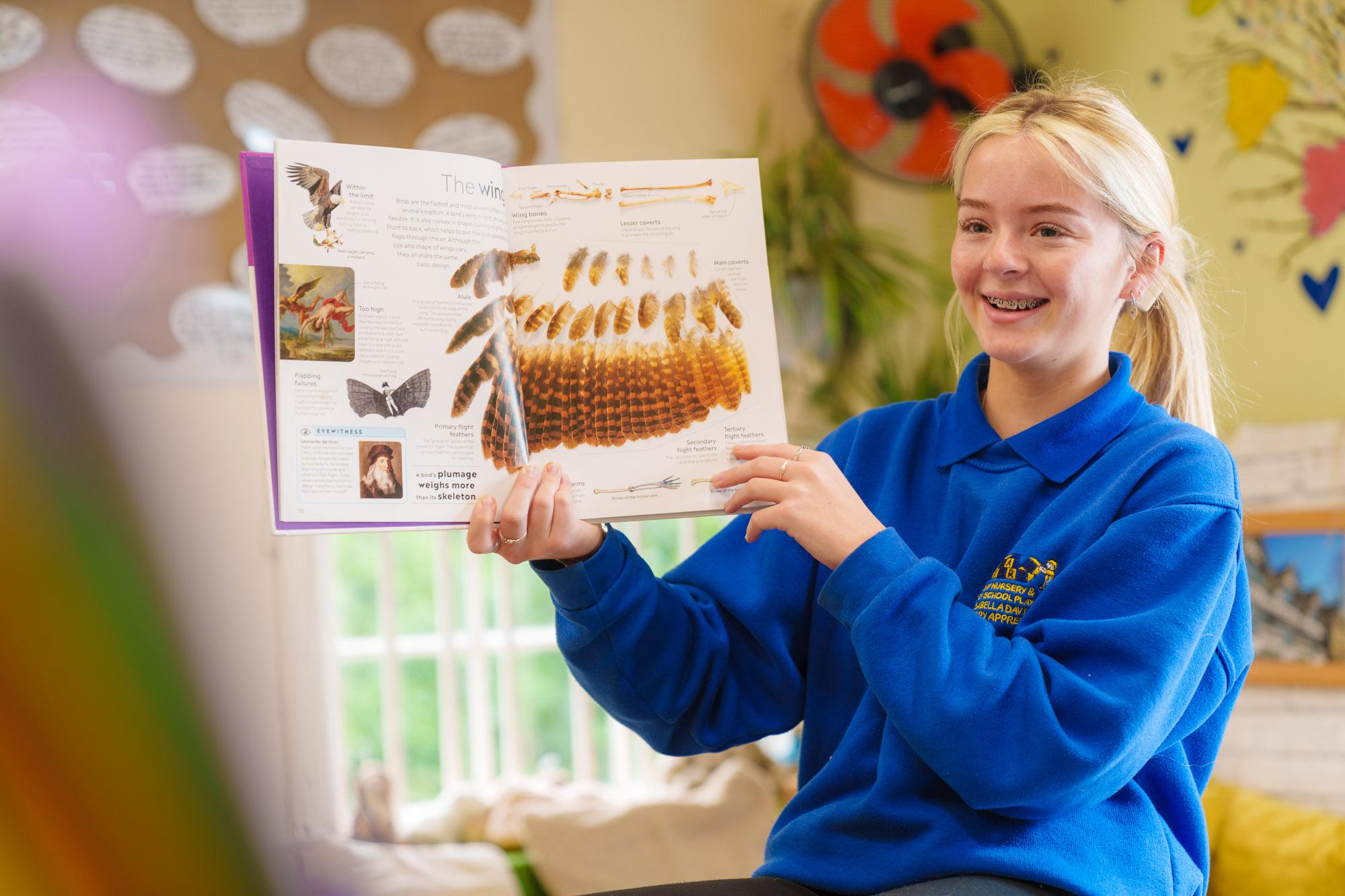Level 2 Early Years Practitioner Standard
Duration: 12 months (Plus 3 months in gateway)
Start date: Ongoing
Early Years Practitioner Apprenticeship
If you’re looking to start a career in early years education, this apprenticeship will equip you with the knowledge and skills to support babies and young children from birth to age seven. It meets the Department for Education’s criteria for a Level 2 Early Years Practitioner.
Throughout the programme, you’ll gain hands-on experience in a childcare setting while developing key knowledge, skills, and behaviours. You’ll receive coaching, portfolio support, and guidance to achieve English and maths qualifications if needed. Upon completion, you’ll be ready to progress in the early years workforce.


Topics, units and assessments
As part of the apprenticeship, you will:
- Ensure health, safety, safeguarding, and welfare of babies and young children
- Promote equality, diversity, and inclusive practice
- Support children's development, care routines, and well-being for healthy lifestyles
- Plan and deliver purposeful play, activities, and educational programmes
- Encourage physical activity and positive behaviour
- Support children with Special Educational Needs and Disabilities (SEND)
- Foster partnerships and help children prepare for school.
Before entering the gateway, you must have been successful in completing all knowledge, skills, behaviours and duties, linked to the standard. The following must also be completed:
- Level 2 Functional Skills English and maths or equivalent
- A portfolio of evidence to underpin the Professional Discussion
- Completion of the Case Study Scope and title document for approval.
How you’ll learn
Apprentices must complete the minimum requirement for the off the job training.
The requirement is to complete a minimum of 6 hours per week or the equivalent over the practical learning duration (20% of capped 30 working hours). Off the job training must deliver new skills and knowledge that are directly relevant to the apprenticeship standard and can include:
- Teaching of theory via blended delivery methods
- Practical training
- Work shadowing
- Supported learning and time spent writing any assignments/questions

-
Nanny and Early Years Worker
A Nanny and Early Years Worker provides one-on-one care for children, usually in a private home or childcare setting. They are responsible for feeding, changing, playing, and supporting early development, such as language and motor skills. heir role may also include school drop-offs, meal preparation, and household tasks related to the child.
-
Nursery Assistant
A Nursery Assistant supports qualified staff with daily activities. They help with feeding, changing, and supervising children while setting up and engaging in play-based learning. This role is often entry-level and provides hands-on experience in childcare, with basic training or a childcare qualification being beneficial.
-
Nursery Nurse
A Nursery Nurse is a qualified professional who works in nurseries, preschools, or early years settings. They plan and deliver educational activities following the Early Years Foundation Stage (EYFS) framework heir responsibilities include providing personal care, supporting children's emotional and social development, and tracking their progress.
-
Nursery Practioner
A Nursery Practitioner focuses on planning and implementing structured learning and play activities. They support children's developmental milestones and help with their social, emotional, and educational growth This role may include leading specific age groups and may require additonal qualifications, such as Level 3.
-
Develop Skilled Professionals
Through the hands on experience gained, apprentices can immediately add value to business practices. During the apprenticeship, learners create engaging learning environments, support early communication and social skills.
-
Build Future Talent
The early years sector faces ongoing staff shortages, making recruitment difficult. Apprenticeships provide a structured way to develop new talent, ensuring a pipeline of skilled professionals who understand your organisation's values.
-
Career Progression
Apprenticeships offer a clear route for career progression, allowing individuals to develop from entry-level roles into senior positions. This structured growth not only improves morale and motivation but also strengthens your workforce.
-
Cost-Effective Workforce Development
With government funding and apprenticeship levy support, apprenticeships are a cost-effective way to grow your team while ensuring staff are fully trained in safeguarding, first aid, and regulatory compliance.

Employer Hub
Get the information you need on how apprenticeships can benefit your business.
Our Employer Hub provides clear guidance on how apprenticeships can help your business thrive, plus all the details about funding and support you'll get every step of the way to make apprenticeships a key part of your workforce strategy.
Employer solutionsI would describe Total People as amazing, welcoming and supportive.
Faye, Early Years Apprentice.
